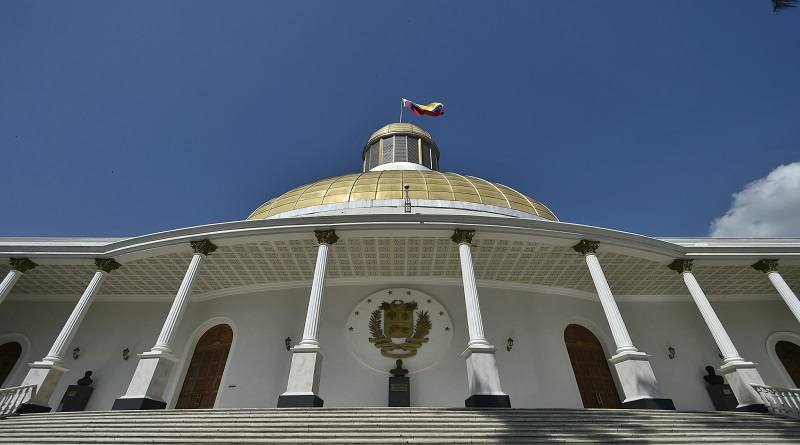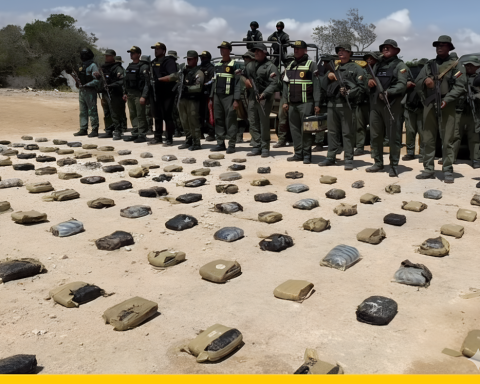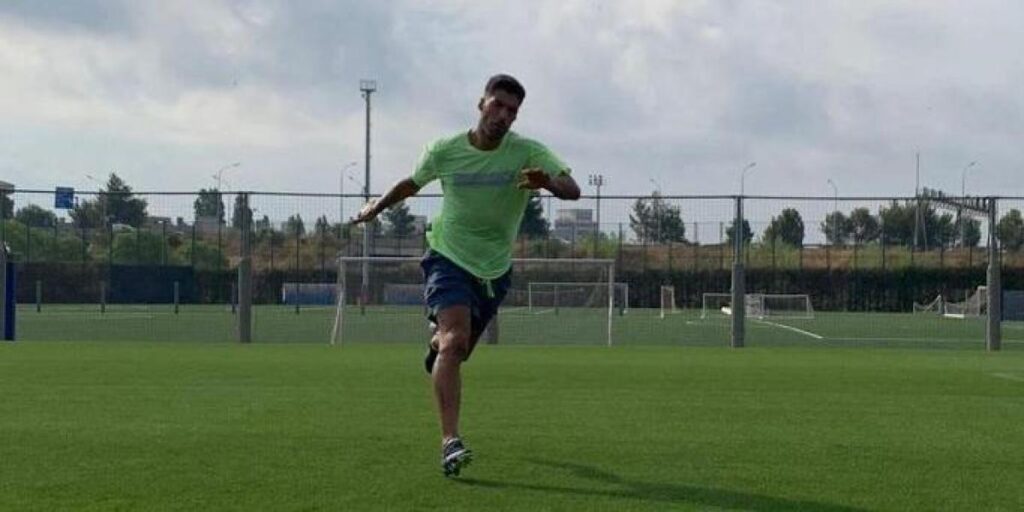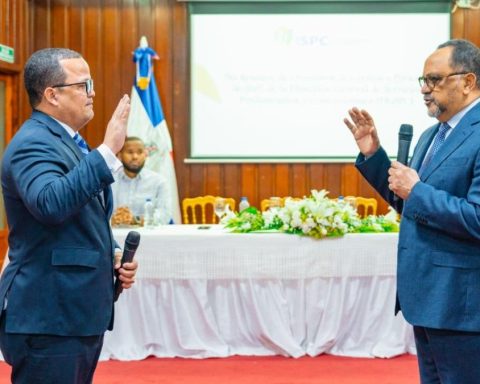The deputies of the Permanent Commission of People’s Power and Communication of the National Assembly (AN) evaluated this Tuesday the Project for the Reform of the Organic Law of Social Comptrollership, a legal instrument that incorporates postulates for the fight against corruption and mechanisms to ensure community welfare .
The meeting was headed by the president of the commission, parliamentarian Juan Carlos Alemán, who pointed out that the modification of the law is based on social control so that the people have a quality of life, aligned with Bolivarian principles.
The parliamentarian specified that the reform project met the parameters of consultation with the Comptroller General of the Republic (CGR), the Public Ministry (MP) and the Ministry of Popular Power for the Communes, in order to present the report for consideration. of the commission, submit it to the Secretariat of the National Assembly (AN) and, finally, take it to the plenary for approval.
He argued that among the adjustments made to the project is the proposal to change the name of titles to chapters and transfer assets and powers to People’s Power with shared functions, where private action does not affect communal interests. Likewise, it was agreed to leave the original name of Organic Law of Social Comptrollership.
For her part, the president of the People’s Power Subcommittee, deputy Gabriela Peña, responsible for carrying out the reform of the law, specified that they have collected specific contributions through the work table with the CGR, the MP and the Attorney General’s Office. Republic, where the means and mechanisms are established, through which the organized people can issue complaints to the competent bodies that have the capacity to process complaints.
Regarding the request of the social movements to safeguard the physical integrity and protect the identity of the complainants, he stated that they are waiting for the approval of the reform project in order to adjust all the elements to comply with the legal system.
Peña indicated that article 18 of the law establishes that the State, through all its organs or entities with competence in social control, have the duty to design and implement actions aimed at training, education and promotion of social control, aimed at raising awareness among citizens for the surveillance and control of popular and private management.
Lastly, the deputy William Montaño suggested that the legislative proposal contemplate citizen training as a transversal aspect in the statement of reasons, due to the political and ideological nature aimed at specifying the objective of transforming society and building a new system of relations human.
Source: AN
VTV/WIL/EMPG
















